Senegal’s President said that 2025 would see an end to all foreign military presence in the West African country
Senegal’s President Announces 2025 Will Mark the End of Foreign Military Presence in the Country
In a bold and significant announcement, Senegal’s President has declared that 2025 will be the year in which all foreign military presence will come to an end in the West African country. The move marks a pivotal shift in Senegal’s defense policy and has sparked discussions regarding the country’s sovereignty, security, and its relations with international powers.
This announcement, made as part of Senegal’s strategic vision for the future, signals a major change in the country’s approach to foreign military cooperation and its role in regional security. But what does this decision mean for Senegal, its citizens, and its international partners? Let’s dive into the context and implications of this landmark declaration.
Senegal’s Long-Standing Foreign Military Presence
Senegal has historically hosted various foreign military forces as part of its participation in international peacekeeping missions and counterterrorism operations. Over the years, the country has worked closely with former colonial power France, as well as other international actors such as the United States and the United Nations. These partnerships have largely centered around combating the growing threat of extremist groups in the Sahel region and ensuring the security of the broader West African area.
Senegal’s military has also played an active role in supporting peacekeeping operations in neighboring countries such as Mali, Guinea-Bissau, and Sierra Leone. As a result, foreign military personnel have had a significant presence on Senegalese soil, often engaged in training, logistics support, and joint operations.
However, the geopolitical landscape in West Africa has changed in recent years, with growing calls for greater regional autonomy and more control over national security. This shift in sentiment is reflected in President Macky Sall’s recent decision to end all foreign military presence by 2025.
The Context Behind the Announcement
President Macky Sall’s announcement comes amid growing concerns about the presence of foreign military forces in African countries. Many citizens and political leaders on the continent have become increasingly vocal about the need for Africa to take greater ownership of its own security challenges. The growing perception is that foreign military interventions have not always been successful in bringing lasting peace or stability to the region.
In Senegal, as in other parts of West Africa, there is a sense of growing self-reliance in terms of security and defense. The country has made significant strides in building up its own military capacity, and many see the end of foreign military presence as a step towards greater national sovereignty. By asserting control over its own defense, Senegal aims to reinforce its independence and strengthen its role in regional security initiatives, such as the G5 Sahel, a joint military force involving several West African countries.
Additionally, President Sall’s decision is likely influenced by the broader geopolitical climate in Africa, where there has been increasing debate about the presence of foreign military forces on the continent. While some African nations see foreign partnerships as vital for addressing security threats, others argue that the continued presence of foreign troops is a reminder of the colonial past and undermines national sovereignty.
The Impact on Senegal’s Relations with Foreign Powers
The announcement will undoubtedly have a significant impact on Senegal’s relations with its international partners, particularly France. France has maintained a military presence in several former colonies in West Africa, including Senegal, under the pretext of supporting counterterrorism efforts. Senegal, as one of France’s closest allies in the region, has benefited from military cooperation and French support in various security and economic initiatives.
However, Senegal’s decision to end foreign military presence could be seen as a shift away from France and a move towards more regional cooperation. This is especially significant as some African leaders have expressed frustration over the ongoing presence of French troops in the region. In recent years, protests against French military presence have occurred in countries like Mali and Burkina Faso, leading to a rethinking of the role of foreign military forces in the region.
While President Sall’s decision is a sign of Senegal’s desire to exercise greater autonomy, it remains to be seen how France and other international partners will respond. The end of foreign military presence does not mean a severing of diplomatic or defense ties entirely. Senegal will likely continue to collaborate with international forces on a case-by-case basis, but the focus will shift towards strengthening its own military capacity.
Regional Security Considerations
Ending foreign military presence in Senegal raises important questions about the future of security in West Africa. The Sahel region, which includes Senegal, has been plagued by extremist violence, particularly from groups linked to Al-Qaeda and ISIS. These groups have exploited weak state structures and have carried out deadly attacks across the region, contributing to instability in countries like Mali, Niger, and Burkina Faso.
Senegal’s decision to end foreign military presence will place even more emphasis on the role of regional security forces in combating these threats. Senegal has long been a key player in regional security, and its decision to take greater control of its own defense aligns with broader regional efforts to address security challenges collectively.
The West African bloc ECOWAS (Economic Community of West African States) is also an important player in the region’s security architecture. Senegal has been a prominent member of ECOWAS, and the move towards a more autonomous defense strategy could lead to closer collaboration with other West African nations in tackling shared security concerns.
The Path Forward for Senegal
As Senegal prepares to transition to a military framework without foreign troops by 2025, the country’s next steps will be crucial in ensuring a smooth and effective shift. The government will need to focus on strengthening its own military capacity, including enhancing training, technology, and logistical support. Moreover, Senegal will need to maintain strong partnerships with neighboring countries and international organizations to address common security concerns.
In addition to military reforms, Senegal will also need to address broader socio-economic factors that contribute to insecurity, such as poverty, unemployment, and political instability. Ensuring that all parts of society benefit from the country’s growth and stability will be key to achieving long-term peace and security.
Conclusion: A New Chapter in Senegal’s Defense Strategy
President Macky Sall’s announcement that 2025 will see the end of foreign military presence in Senegal marks a defining moment in the country’s political and defense trajectory. It reflects Senegal’s desire to assert its sovereignty and control over its own security, while also responding to broader calls across Africa for greater self-reliance. The shift will require careful planning and cooperation with regional allies, but it also presents an opportunity for Senegal to redefine its role in West African security.
As the country moves towards this new phase, the international community will be watching closely to see how Senegal adapts to the changing security landscape. If successful, Senegal’s move could serve as a model for other African nations seeking to balance sovereignty with regional cooperation in the face of evolving security threats.
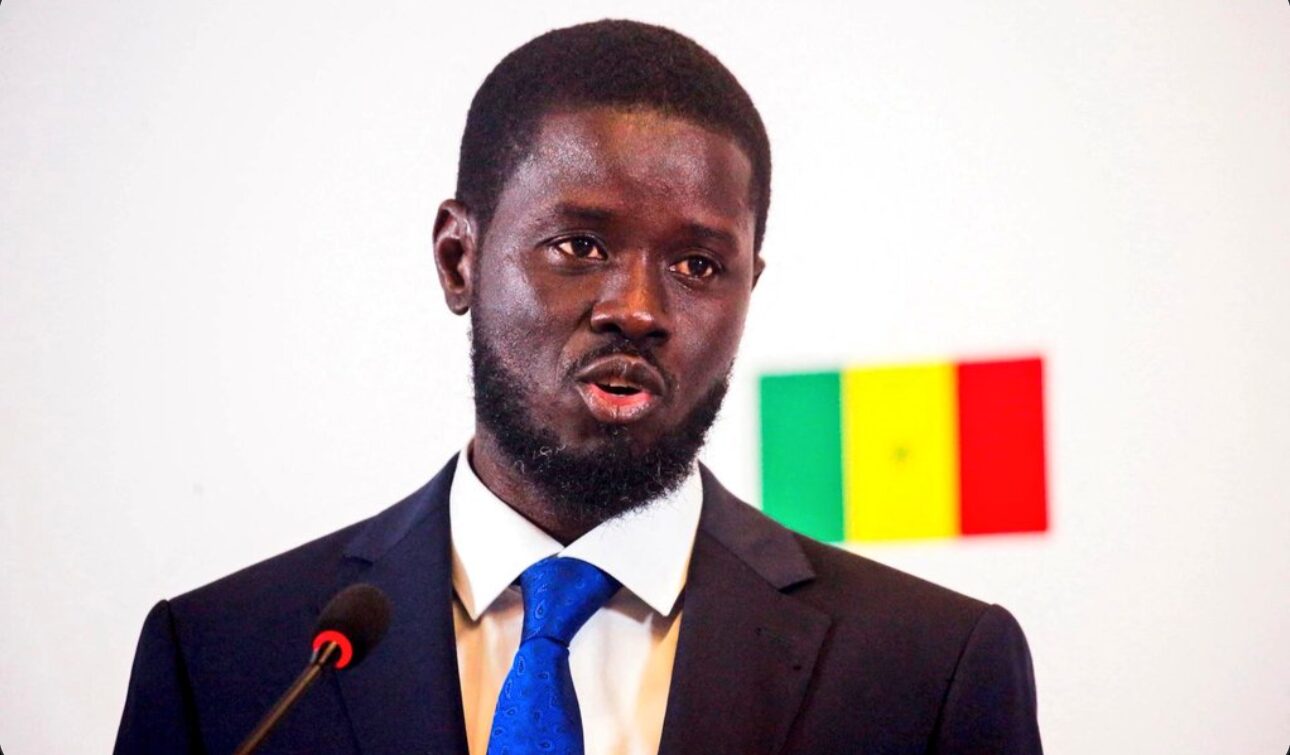
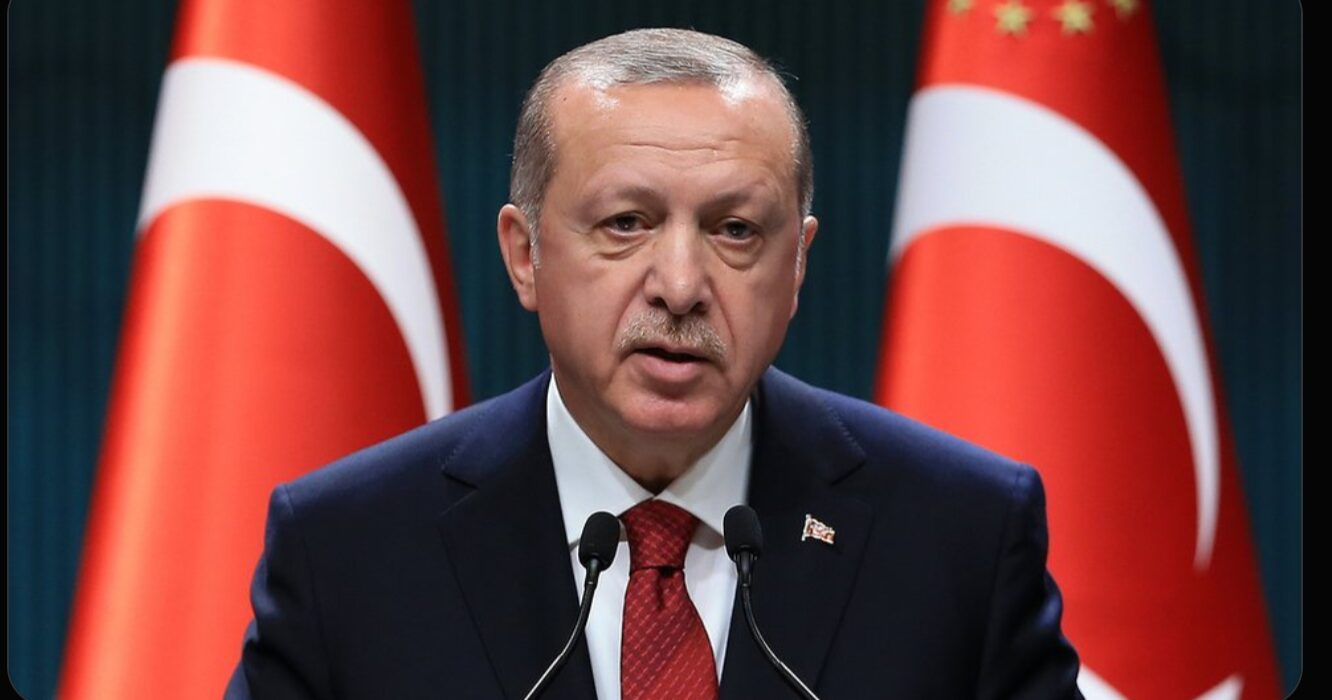
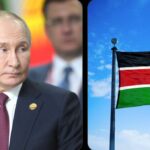

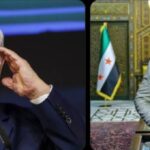
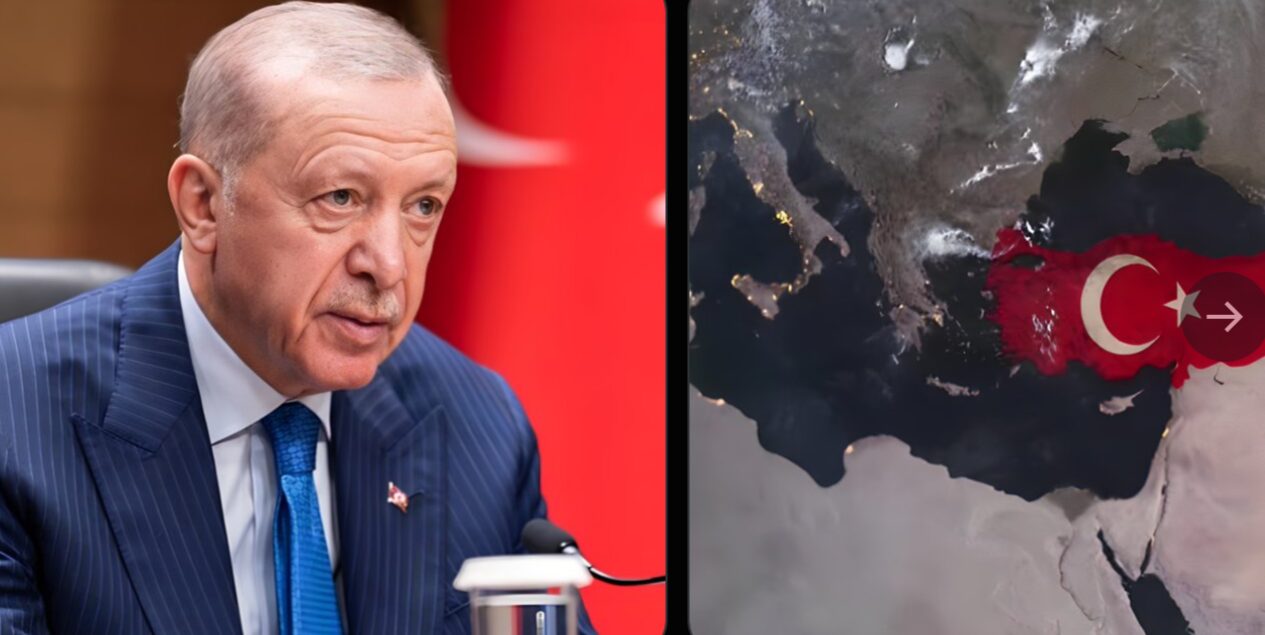


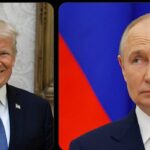








Post Comment